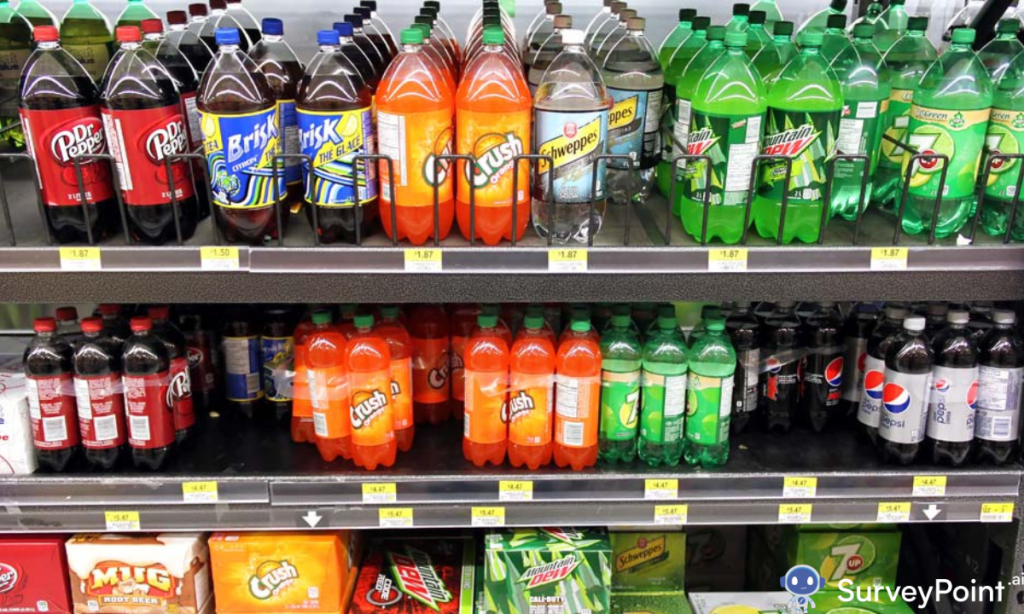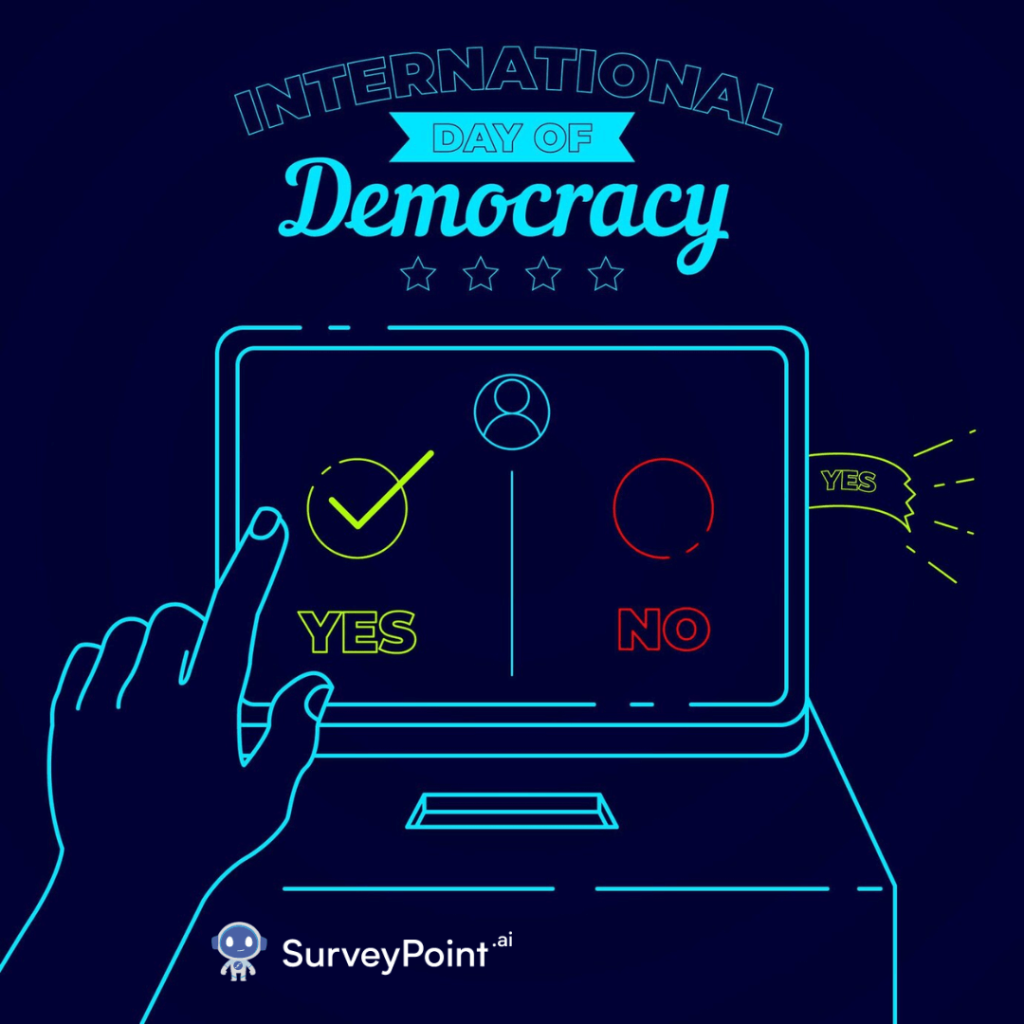
Soft drinks have long been a popular choice for refreshment in India, especially among the youth. With their vibrant advertisements and easy availability, these sugary beverages have become a staple at social gatherings, celebrations, and daily life. However, as their consumption continues to rise, so do concerns about their health implications. This blog delves into whether soft drinks are good or bad for health, examining both sides of the argument and the broader health impacts.
The Popularity of Soft Drinks in India
India is one of the fastest-growing markets for soft drinks. From cola-based sodas to fruit-flavored drinks and energy beverages, the variety available caters to a wide audience. The affordability and aggressive marketing campaigns make them a go-to choice for many, particularly in the sweltering summer months.
Are Soft Drinks Good for Health?
While soft drinks are undeniably popular, their health benefits are minimal. However, there are some contexts where they might be considered acceptable:
- Hydration: Soft drinks contain water, which can help with hydration. However, they are not as effective as water or other healthier beverages like coconut water or fresh fruit juices.
- Quick Energy Boost: The sugar content in soft drinks can provide a quick burst of energy, which might be helpful in specific situations like athletic events or intense physical activities. However, this is often followed by a rapid drop in energy levels.
- Enjoyment and Socialization: Consuming soft drinks occasionally as part of social activities or celebrations can contribute to enjoyment and social bonding.
Why Soft Drinks Might Be Bad for Health
The negative health effects of regular and excessive soft drink consumption are well-documented. Here are some key concerns:
- High Sugar Content: Most soft drinks contain high amounts of added sugars, often in the form of high-fructose corn syrup. Excessive sugar intake is linked to various health issues, including obesity, type 2 diabetes, and heart disease.
- Empty Calories: Soft drinks provide calories without essential nutrients, leading to weight gain and poor nutritional intake. Consuming these ’empty calories’ can contribute to malnutrition if they replace healthier food choices.
- Dental Problems: The high sugar content and acidity of soft drinks can lead to tooth decay and erosion of tooth enamel. This is particularly concerning for children and teenagers.
- Artificial Additives: Many soft drinks contain artificial sweeteners, preservatives, and colorings, which may have adverse health effects. For example, certain artificial sweeteners have been linked to metabolic issues and digestive problems.
- Caffeine Content: Some soft drinks, especially colas, contain caffeine. Excessive caffeine intake can lead to restlessness, anxiety, digestive issues, and, in severe cases, heart palpitations.
- Bone Health: Phosphoric acid, found in many colas, can interfere with calcium absorption, potentially leading to weakened bones and an increased risk of osteoporosis.
The Impact on Indian Health
India faces a dual burden of malnutrition and increasing rates of non-communicable diseases (NCDs) like diabetes and cardiovascular diseases. The rise in soft drink consumption contributes to these health challenges. Children and adolescents, who are significant consumers of these beverages, are particularly at risk of developing unhealthy eating habits that persist into adulthood.
Moderation is Key
While soft drinks are not inherently evil, moderation is crucial. Here are some tips for healthier consumption:
- Limit Intake: Reduce the frequency and quantity of soft drink consumption. Opt for healthier beverages like water, fresh fruit juices, herbal teas, or buttermilk.
- Read Labels: Be mindful of the sugar and caffeine content in your drinks. Look for options with lower sugar content and avoid those with artificial additives.
- Home-made Alternatives: Prepare homemade beverages like lemonade, coconut water, or infused water with fruits and herbs. These are refreshing and healthier alternatives.
- Educate and Raise Awareness: Promote awareness about the health risks associated with excessive soft drink consumption, especially among children and teenagers.
Conclusion
While soft drinks are a popular and refreshing choice for many in India, their health implications cannot be ignored. The high sugar content, artificial additives, and potential health risks associated with their regular consumption make it essential to approach them with caution. By promoting moderation and opting for healthier alternatives, individuals can enjoy the occasional soft drink without compromising their health. Making informed choices and spreading awareness can help mitigate the negative impact of soft drinks on public health in India. For more information checkout- surveypoint.ai




